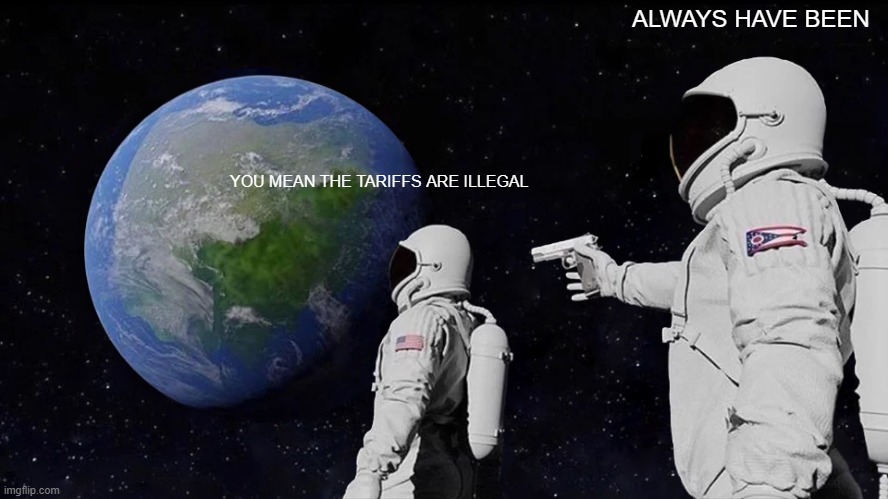It is inevitable that any discussion of the conflict in Iran turn to the impact on Trump and his political fortunes. Especially given the fact that a Democratic Wave in the November elections might be the difference between America surviving as a democracy or not.
Trump's inherent incoherence is going to work against him here. As he tosses out contradictory war aims and negotiating positions, it becomes clear he doesn't have a framework for "winning the war." What's more, Trump made no effort to "sell" the war to the American public. He did not use the State of the Union address to make the case; he only tossed out a few videos on his social media site. He did not engage Congress or the American people in this conflict. It seems that he assumed he would get a quick and clean Venezuelan outcome - neglecting the fact that Venezuela is still a mess.
Americans don't seem pleased with this. YouGov threw out a snap poll (take with a grain of salt) and only 34% of Americans supported the war. In March 2003, 71% of Americans supported the invasion of Iraq, largely because the Bush Administration made a relentless (and flawed and mendacious) case to the American public. Republicans naturally support Trump far more than Democrats, but while 10% of Democrats express any support for the war, only 20% of independents do. Democrats oppose the strikes at 70%, but independents oppose it at 52%.
Trump never made the case for war, and now he's throwing off bangers like "there will likely be more (casualties) before it ends. That's the way it is." He routinely references Venezuela, "What we did in Venezuela, I think, is the perfect, the perfect scenario." He thinks he can waltz in and out of a Middle Eastern war, the way he did in the Caribbean, which betrays an unsurprising but woeful level of ignorance.
Meanwhile, Iran's closing the Straits of Hormuz is unlikely to make people think that Trump is laser focused on affordability. It might not crater the economy the way the 1979 Iranian Revolution did, but supply chain disruptions have a way of making themselves felt. One driver of the "Biden" Inflation was the supply chain disruption to world oil and gas markets by the Russian invasion of Ukraine. There is no reason to believe that we won't see another oil shock, even if it doesn't tip us into stagflation.
Trump is an idiot. Most of the people around him are idiots. They believe in performing on social media over doing the hard work of crafting policy and long term strategy. "The Venezuelan raid went great, let's do that again. It will make great TV." Except the American people are really not at all ready for this, and they made no effort to prepare them for it.
Trump has no reservoir of good will or public trust to draw on, beyond his diminishing base. He is absolutely incapable of filling the role of selfless war time president. I would be shocked if he met the caskets of fallen soldiers at Dover. What's more, it is precisely his rural voter base that is sick and tired of these wars, because they disproportionately fight them.
Iran is playing the long game, because it must. It can launch swarms of cheap drones until America's supply of anti-missile weapons is gone. If it resorts to tactics that have served it in the past, one would have to expect terrorist attacks at some point. They merely have to hunker down and endure.
Trump is talking about a four week war. Venezuela might be instructive here, in that we really haven't changed much about the government of Venezuela, except who sits atop it. But we declared victory and moved on. Maybe we see a bunch more dead people - American, Iranian, Israeli, Qatari, Kuwaiti - we degrade the Iranian military...and then the war just ends. It's pretty clear that Trump has no real plan to make "regime change" happen.
I would be shocked if Trump benefits from a "rally 'round the flag" effect.
